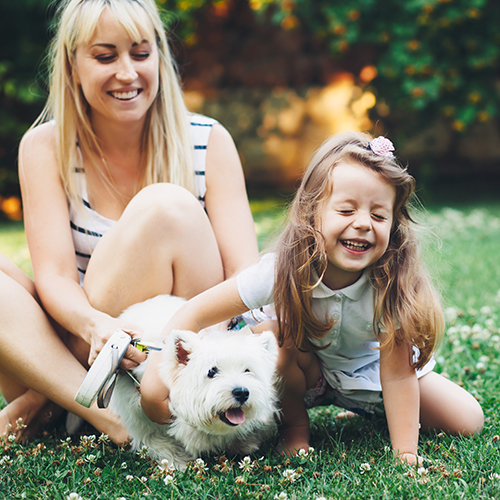23 September 2020
 While Victorians continue to endure restrictions from a second wave of COVID-19, new research from the University of South Australia is providing much-needed good news about people’s overall health and wellbeing following lockdown.
While Victorians continue to endure restrictions from a second wave of COVID-19, new research from the University of South Australia is providing much-needed good news about people’s overall health and wellbeing following lockdown.
In preliminary findings from UniSA’s ongoing Annual Rhythms in Adults’ lifestyle and health (ARIA) study, researchers found that the effect of lockdown on people’s lifestyle and wellbeing was not as bad as we might have expected.
Assessing people’s sleep, physical activity, diet, weight and psychological wellbeing, the lockdown period showed that, on average people:
- slept 27 minutes longer
- got up 38 mins later
- did 50 mins less of light physical activity
- drank a bit more alcohol (0.9 per cent energy intake, equivalent to two standard drinks a week)
- ate a little less protein (0.8 per cent energy intake, equivalent to three eggs a week)
They also noted:
- no changes to weight
- no changes to dietary energy intake – including the amount of fate, fibre, or carbohydrate intake
- no changes in quality of life or symptoms of depression, anxiety or stress.
Using Fitbit activity trackers and online questionnaires, the study tracked the sleep, physical activity, diet, weight and wellbeing for 64 adults (aged 18-65 years) from the greater metropolitan Adelaide area.
UniSA researcher, Dr Rachel Curtis says the findings provide interesting insights for people’s lifestyle and wellbeing during recent times.
“When Australia went into lockdown, everyone faced a new reality – people were working from home, children were being home-schooled, we started social distancing – life essentially turned upside down,” Dr Curtis says.
“At the time, we were already collecting data for a lifestyle study called ARIA, which tracks how people’s lifestyles change throughout the year; it was purely coincidence that this captured the pandemic.
“We’re essentially looking for factors that impact people’s lives, so that we can develop strategies to support healthy triggers and counteract negative ones.
“Given the unprecedented nature of lockdown, we expected to see greater levels of anxiety and depression – and perhaps even increases in weight as people were at home and had greater access to their fridges – but no.
“As it turns out, people coped very well. They slept longer and got up later, perhaps in response to a lack of commuting to work or school.
“And while we may have had concerns about people drinking too much alcohol, on average it was only two extra glasses a week.
“All in all, it’s reassuring to see just how resilient Australians were in terms of their health and wellbeing during lockdown.”
Notes to Editors:
- The preliminary COVID-19 insights were collected from February 2020 (before COVID-19 restrictions) to April 2020 (during COVID-19 restrictions).
- Participants were adults aged 18-65 years, who are parents/guardians of a child aged 5-12 years, own a smartphone, speak English and live in greater Adelaide.
…………………………………………………………………………………………………………………………
Media contact: Annabel Mansfield T: +61 8 8302 0351 M: +61 417 717 504
E: Annabel.Mansfield@unisa.edu.au
Researcher: Dr Rachel Curtis T: +61 8 8302 2455 E: Rachel.Curtis@unisa.edu.au




